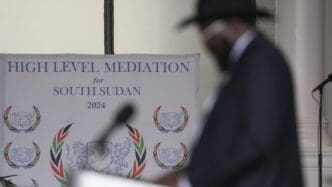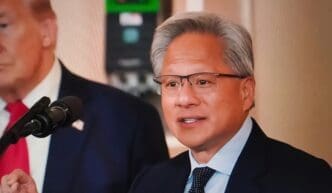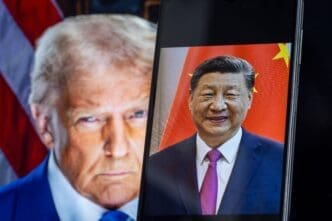After a hiatus of four months, South Sudanese peace talks recommenced in Nairobi, Kenya, spurred by the dismissal of the former government delegation.
The negotiations aim to address concerns of opposition groups that were not included in the 2018 peace agreement, which ended a devastating five-year civil war that claimed over 400,000 lives.
Named Tumaini, meaning “hope” in Swahili, these talks initially began in May, accompanied by a declaration for peace but faced delays following President Salva Kiir’s unexpected removal of the previous delegation. Although a new team was appointed, they encountered obstacles in traveling to Nairobi.
President Kiir has clarified that the current discussions are not a replacement for the 2018 peace deal but rather an opportunity to engage with groups that remain outside this agreement. Despite the peace deal not being fully executed, South Sudan has postponed its elections from December 2024 to 2026, citing delays in voter registration amid economic hardships.
Economic constraints have exacerbated the situation, with the nation undergoing financial crises that have left civil servants unpaid for over a year. The country’s reliance on oil as its primary revenue source has been jeopardized by a damaged pipeline in neighboring Sudan, where a civil war further complicates matters.
Furthermore, both parties involved in the talks have expressed concerns regarding a new law permitting detention without warrants, deeming it a human rights violation. Chief mediator Lazarus Sumbeiyo has urged prompt resolution of pending issues, emphasizing the necessity for agreement.
Pagan Amum, leading the South Sudan Opposition Movement Alliance, implored the government team to adhere to previously settled matters, stating, “This is not a time to renegotiate what we have already agreed upon — it is important to remember that this is probably the last chance to rescue our country from the total disintegration and collapse into chaos and disorder as the fate of South Sudan now is in our hands.” On the governmental side, Kuol Manyang Juuk emphasized the importance of building on past achievements without revisiting foundational discussions.
The resumption of peace talks signifies a critical attempt to stabilize South Sudan and ensure lasting peace, demanding cooperation from all involved factions.
Source: Apnews








